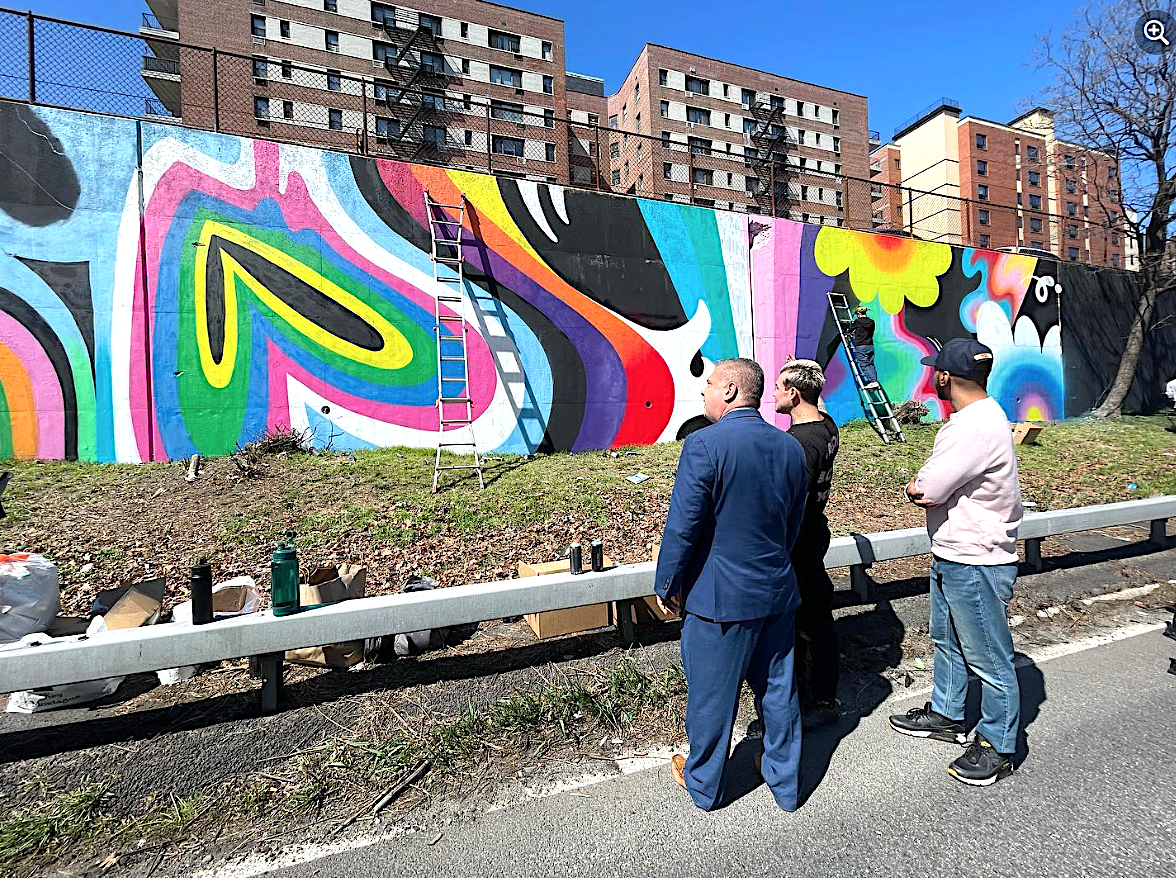
A nationwide shortage of accountants has been linked to a series of business failures, long waits for the completion of audits, and delays in the filing of taxes. Three professors from the accounting degree program at Sacred Heart University in Fairfield discussed the factors that have caused the shortage and some of the likely impacts. However, they are optimistic about the future of the profession, though they acknowledge that the shape it takes may change.
“There is a national shortage in accountants, and it’s not only in auditing it is in all the fields of accounting,”said Dr. Benoit Boyer, a full professor of the Sacred Heart accounting department. “There’s also the tax field and also financial accounting and managerial accounting. There’s a shortage in general and in particular for CPAs. You need to have a CPA [certification] to become an auditor or to do an audit.”

“One of the reasons for this is that a few years ago they changed a requirement to 150 hours,”Boyer added, noting that in 2000 the American Institute of Certified Public Accountants (AICPA) increased the hours of education an aspiring CPA must undergo before certification. “That means if you want to become a CPA you need to have an additional year of education. Most people will take this by doing a master’s degree somewhere, but at the time [of the change] the pay was much higher in accounting than any other field. Now the pay in many other fields, like finance, is reaching the same level, and we have a problem with people saying, ˜Why should I do an extra year to earn the same wage?'”

“I’ll just add to that that I think a lot of the younger people don’t see the value in having those three letters after their name,”said Paul Iannone, an associate professor in the accounting faculty. “I think they’re misconstruing what is really happening out there in the market, the CPA designation has tremendous value whether you’re working in a public accounting firm or you go to work for a larger corporation the workplace still views anybody that has the letters C-P-A after their name as something special, something premium.”
“The other part of it is that with the bulk of the CPAs, you look at their age, their demographics, they’re all older. And I believe that Covid took a big chunk out of people who were just about at the age where they’re ready to retire. I think a lot of them left. The pipeline just isn’t there,”added Danny Pannese, a CPA and associate professor in the university’s accounting program.

All three professors agreed that the near future will likely see both the consolidation of many smaller accounting and auditing firms, and that wait times for the completion of audits and taxes may continue to be impacted for at least another six months.
In the meantime, the effects will be most keenly felt among the smaller CPA firms which small businesses traditionally rely.
“At the local CPA firm where you maybe go to get your tax return prepared, they’re finding it very difficult to hire qualified accountants,”noted Pannese.
“A lot of the smaller firms and medium size firms that handle small business what’s left in them are the older people. And because they’re having difficulty hiring staff, for many of them the only way they’re going to survive is to merge into a bigger firm that has the staff,”Iannone added.
The result of that consolidation is not a cause for concern according to the professors, but they observed that this could mean the end of the personal relationships that many small business owners are used to enjoying with their accountants. Dropping in when the opportunity arises may be replaced by making appointments well in advance, and the ability to discuss personal financial affairs during the same visit.
Yet all three professors agreed there was light at the end of the proverbial tunnel. They expected good things from promotional campaigns by firms to interest high schoolers in the profession, which they characterized as both financially rewarding and intellectually stimulating to anybody with analytical skills who can handle basic arithmetic.
In the meantime, Boyer said that Sacred Heart requires internships for all accounting students and emphasized that many small businesses can benefit from offering students an opportunity to work with them.
“Businesses should try to avoid the easy solution, to say, ˜Oh, here’s a software that will solve all my issues,'”Boyer said. “Make sure that you trust a person that has the proper training and the proper credentials to help you make your decisions for the future. Because if you don’t have a good relationship with an accountant, you may make decisions that would affect you for many years.”






















Good article. I do think one additional fact needs noting. I dont know if it still applies, but while I was in public accounting, many of the accounting students were the first in their family to go to college. I dont know if I can generalize, but that fact seems to indicate they come from lower income families where paying for the extra year is a new hurdle. The powers that be implemented that extra year over the many objections of practitioners . In fact, many of the cpa firms had extensive training programs of their own that more than replaced that extra year.
The solution to the shortage can at least be partially solved by getting rid of that extra year.